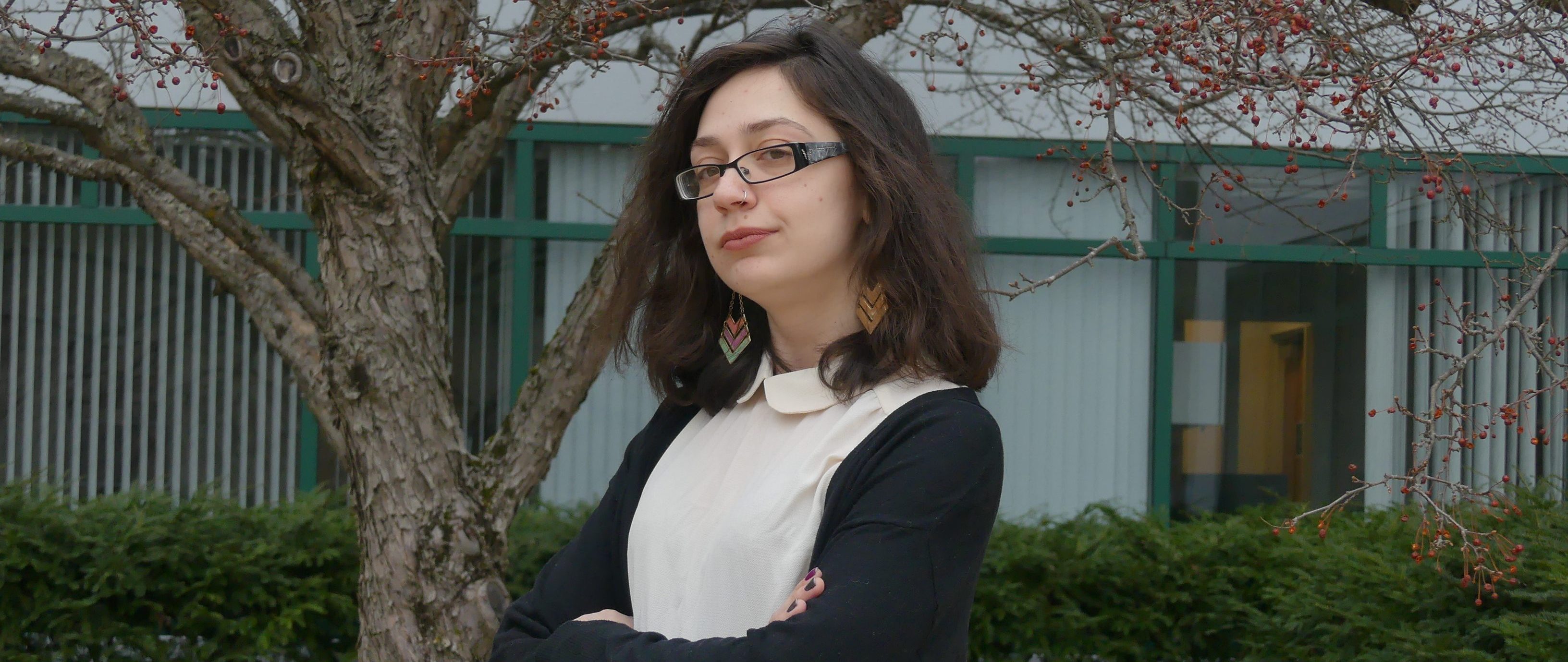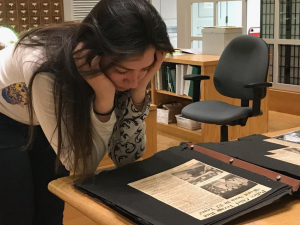
UNDERGRADUATE INSTITUTION
Dartmouth College
Bachelor of Arts in Biology; Women, Gender & Sexuality Studies
PREVIOUS WORK EXPERIENCE
Dartmouth College
Epidemiology Graduate Student Intern - Dr. Margaret Karagas
Research Assistant - Dr. Julie Hruby
ACADEMIC TRACK
Epidemiology
CAREER TRACK(S)
Medicine
TECHNICAL EXPERTISE
Python, R, 3D Scanner
EXTRACURRICULAR ACTIVITIES
Member of Epidemiology Students Club (EpiC)
Sexual Health & Healthy Relationships Peer Adviser
Mental Health Peer Adviser
QBS Electives
QBS 121: Biostatistics II, QBS 138: Patient Centered Health Communications, QBS 195: Independent Study in Survey Methods, QBS 193: Independent Journal Club, QBS 132: Molecular Biologic Markers in Human Health Studies, QBS 132.5: Molecular Biologic Markers in Human Health Studies Lab
Capstone
Title: Diet during Pregnancy and Early Childhood Food Allergy Development
Mentor: Dr. Margaret Karagas
My Interests
"I plan on going to medical school (possibly MD-PhD) to become a practicing OB/GYN while researching in the fields of women’s health, sexual health, and their overlap to help build on the limited existing knowledge. More research needs to be done on how medicine affects women, on how symptoms might manifest differently in women, and how different environmental and societal factors affect pregnancy or the spread of disease. Further, as an immigrant that dealt with poverty, I want to serve underserved or immigrant communities and be the bridge between them and the research community."
RESEARCHERS I ADMIRE
Stephanie Kwolek & Rosalind Franklin
FAVORITE RESEARCH PAPER
Read it here!
Why QBS?
"This QBS masters program focuses on providing the students with the in depth understanding of biostatistics and data analysis that other epidemiology programs do not. As physician and a research scientist, it is paramount that I understand population trends, how societal factors create epigenetic changes and contribute to overall health, and how to extrapolate data from scientific studies to different populations."
FAVORITE QBS CLASS
QBS 133: Clinical Epidemiology
Life @ Dartmouth
WHEN I AM NOT IN LAB...
"I end up either at a cafe or curled in a blanket reading books on women's and sexual health."
